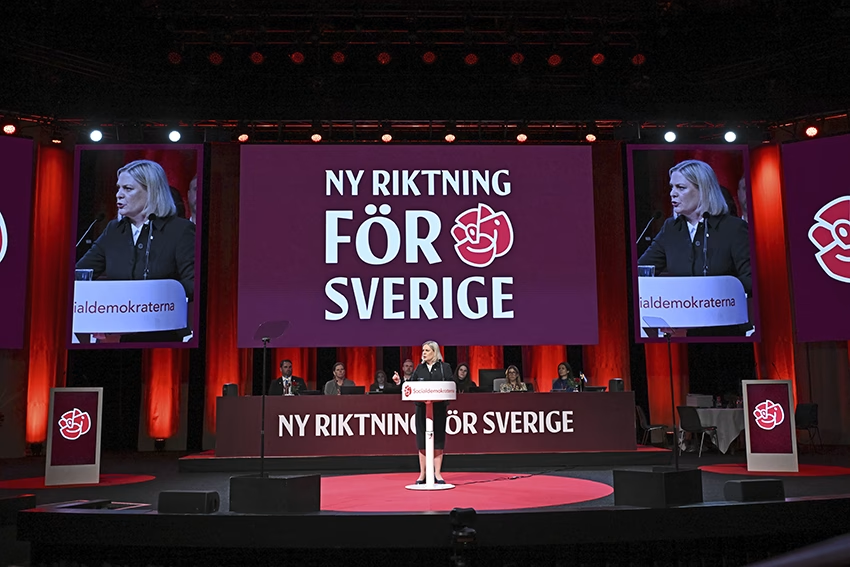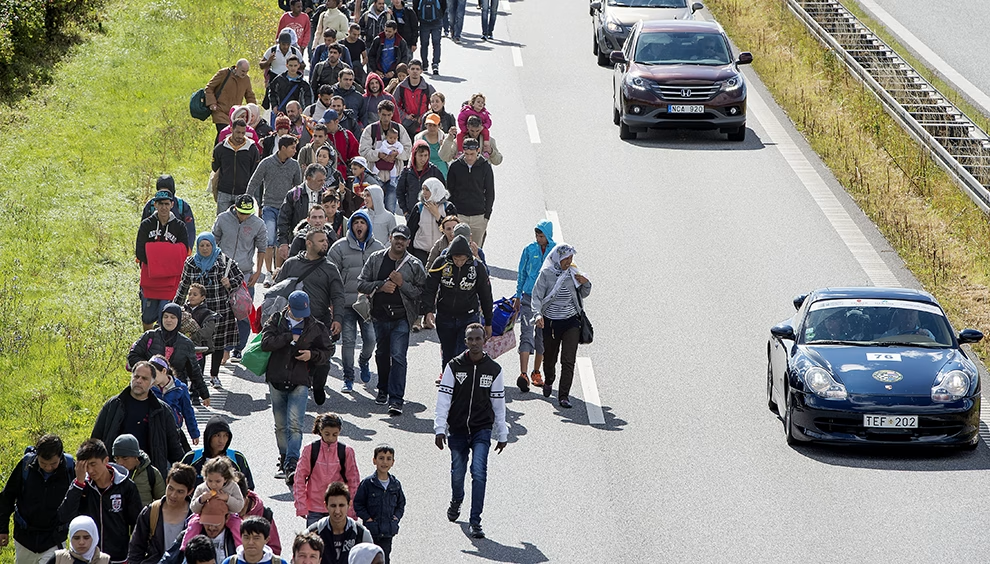Artikeln finns tyvärr inte tillgänglig direkt på webben. Men du kan läsa den i PDF-format genom att klicka nedan.
Frihetens innebörd ifrågasatt av Theodore Dalrymple
Somerset Maugham once remarked that he found it strange that Henry James was prepared to exchange one of the most important subjects of his day, the rise to world power of his own country, the United States, for the tittle-tattle of the drawing-rooms Europe. But perhaps this is not altogether strange: we are often so wrapped up in our own little lives that we fail to miss the most important political or economic trends around us.









